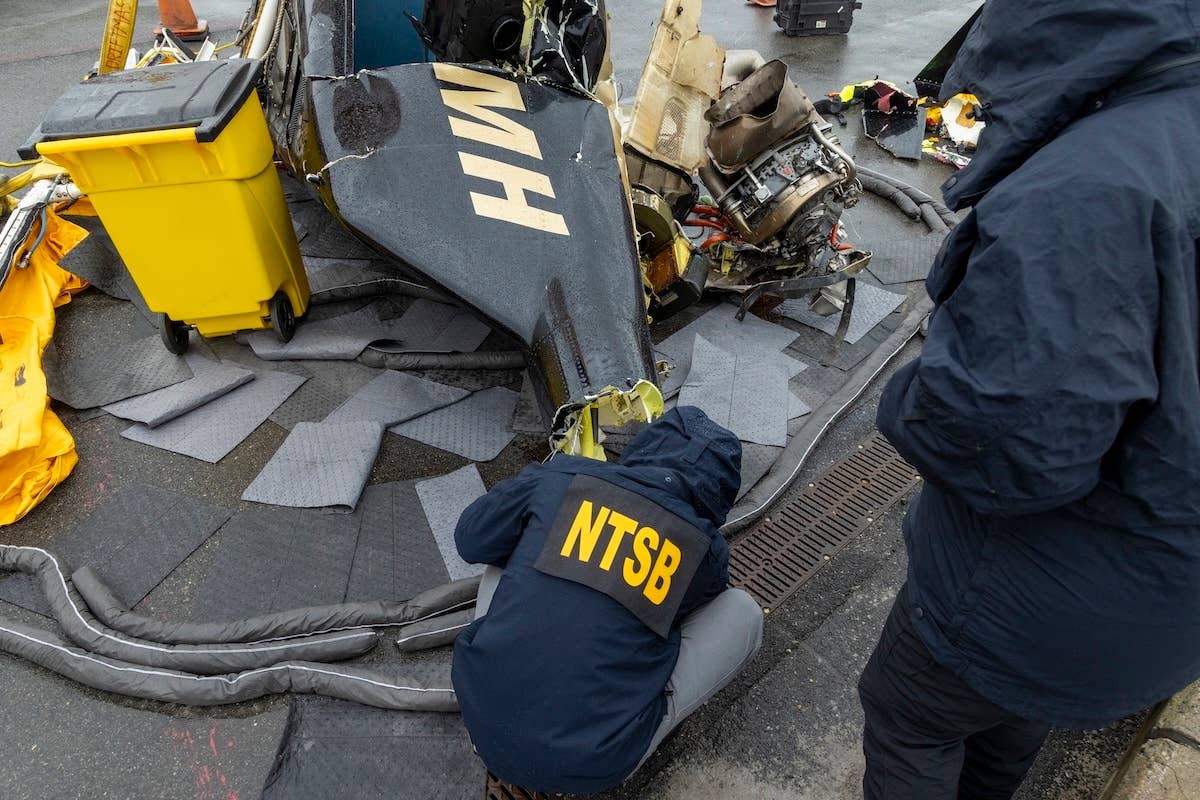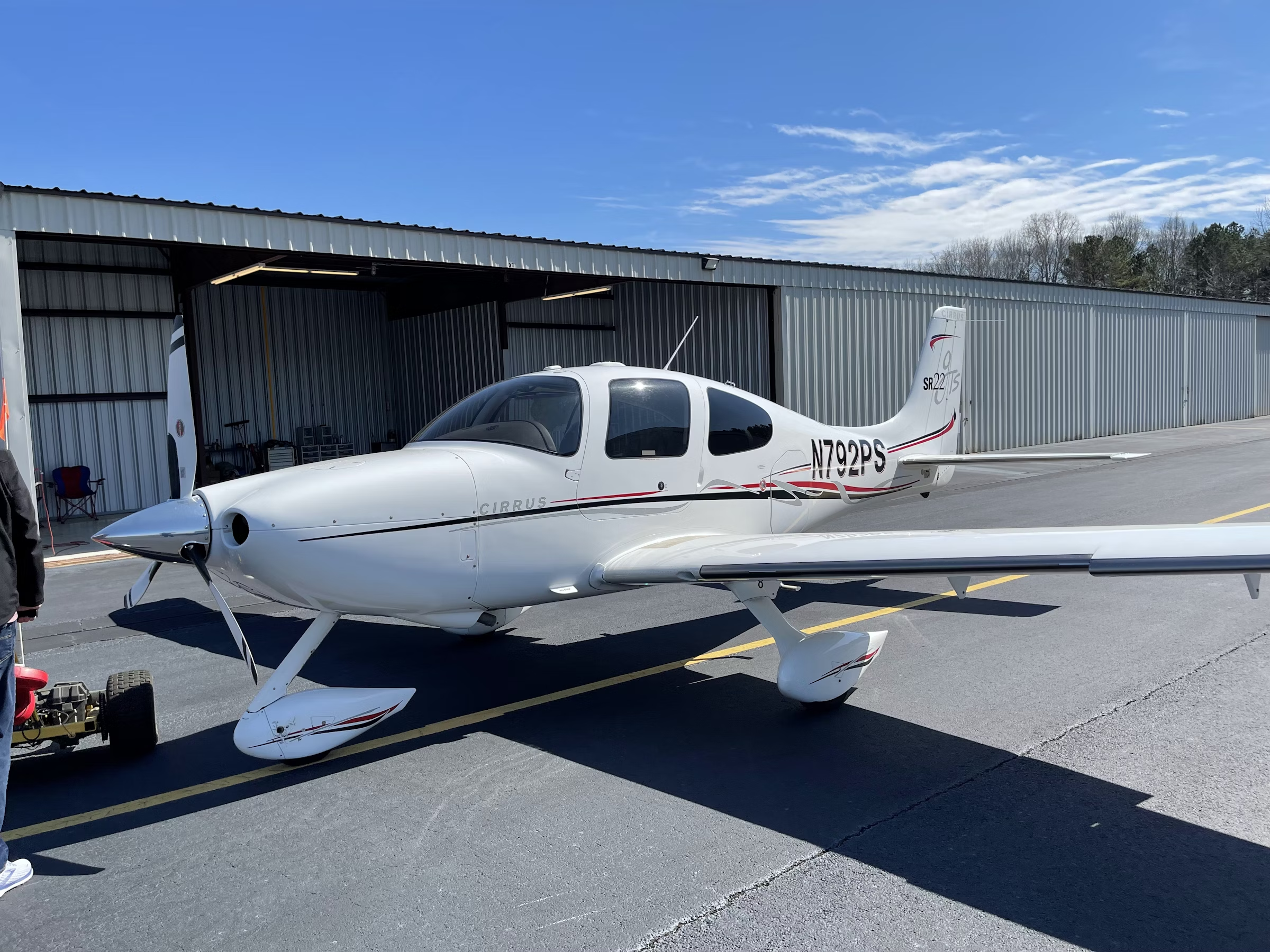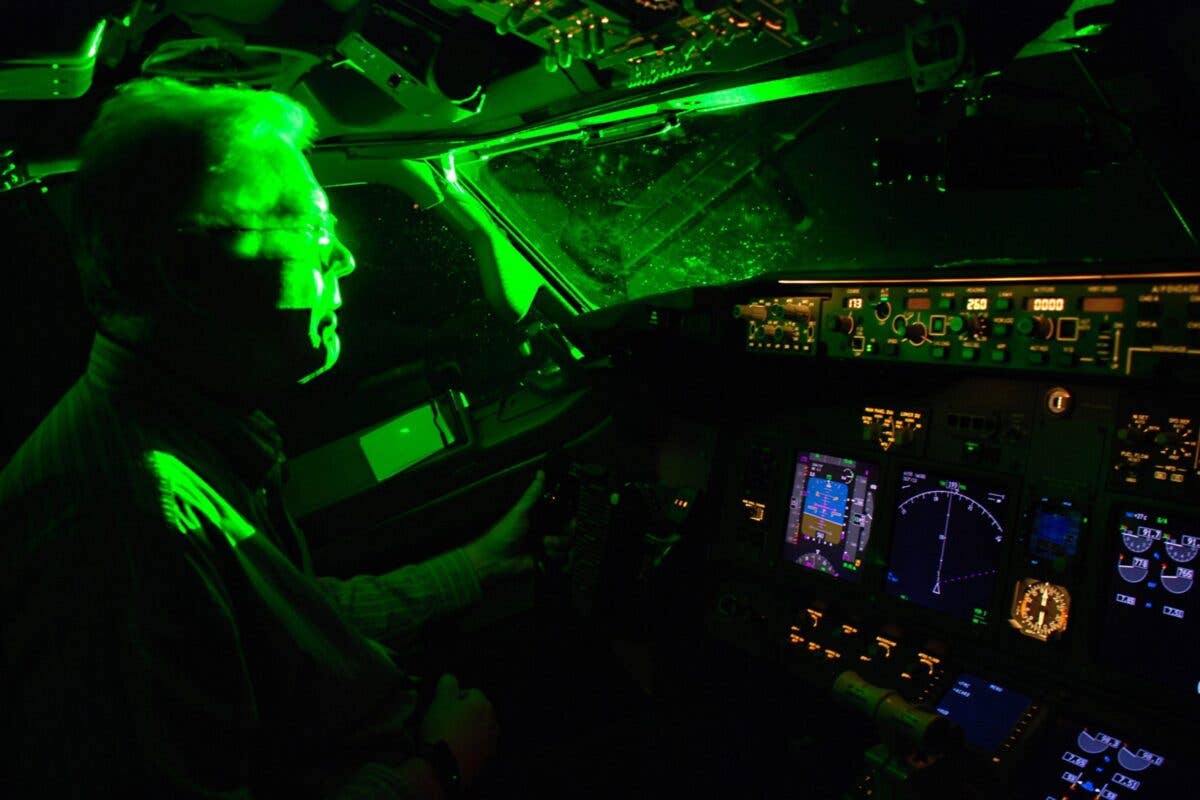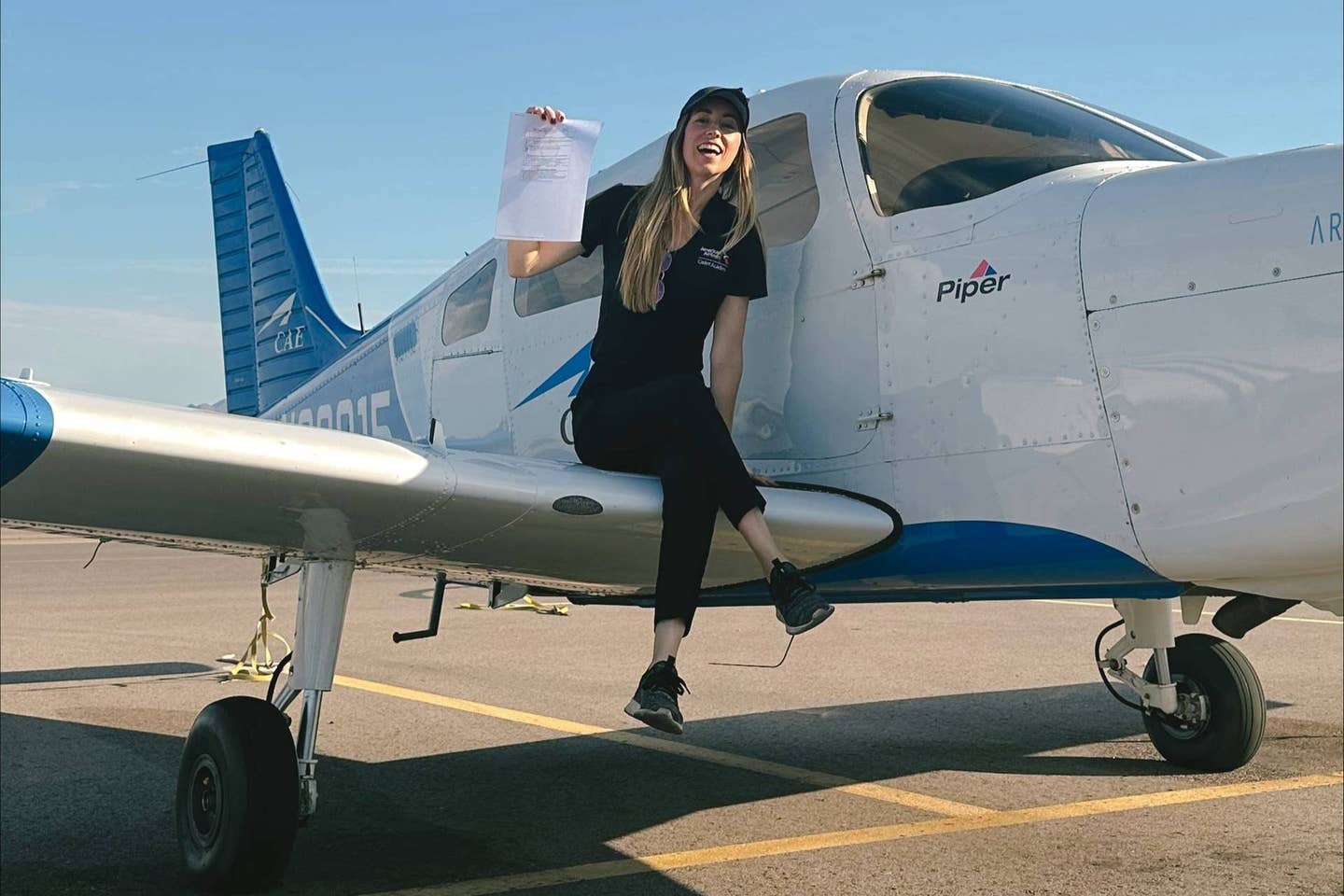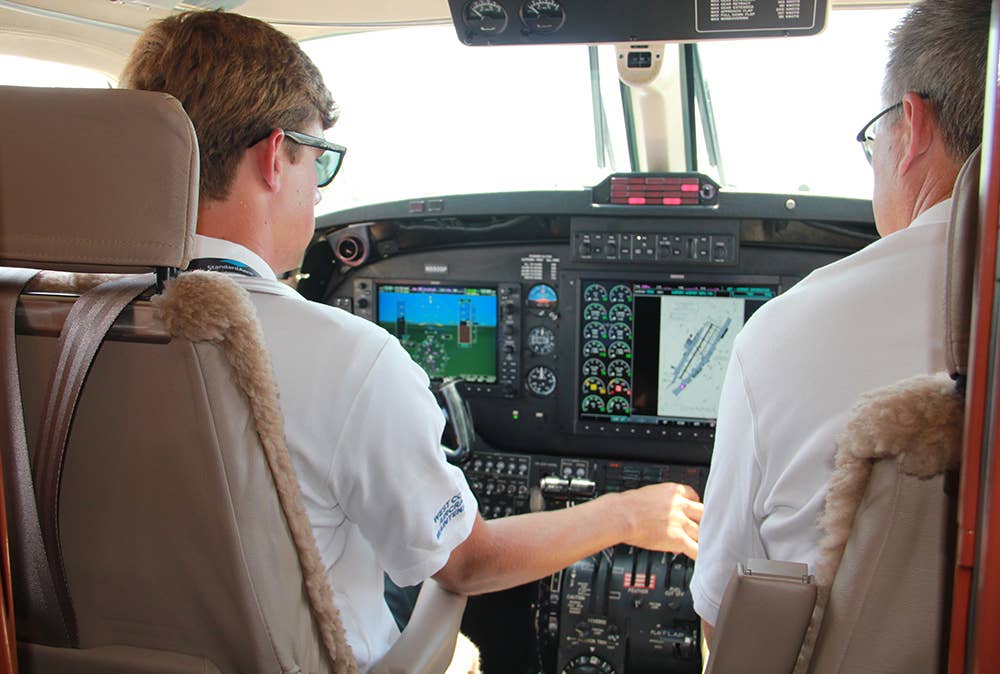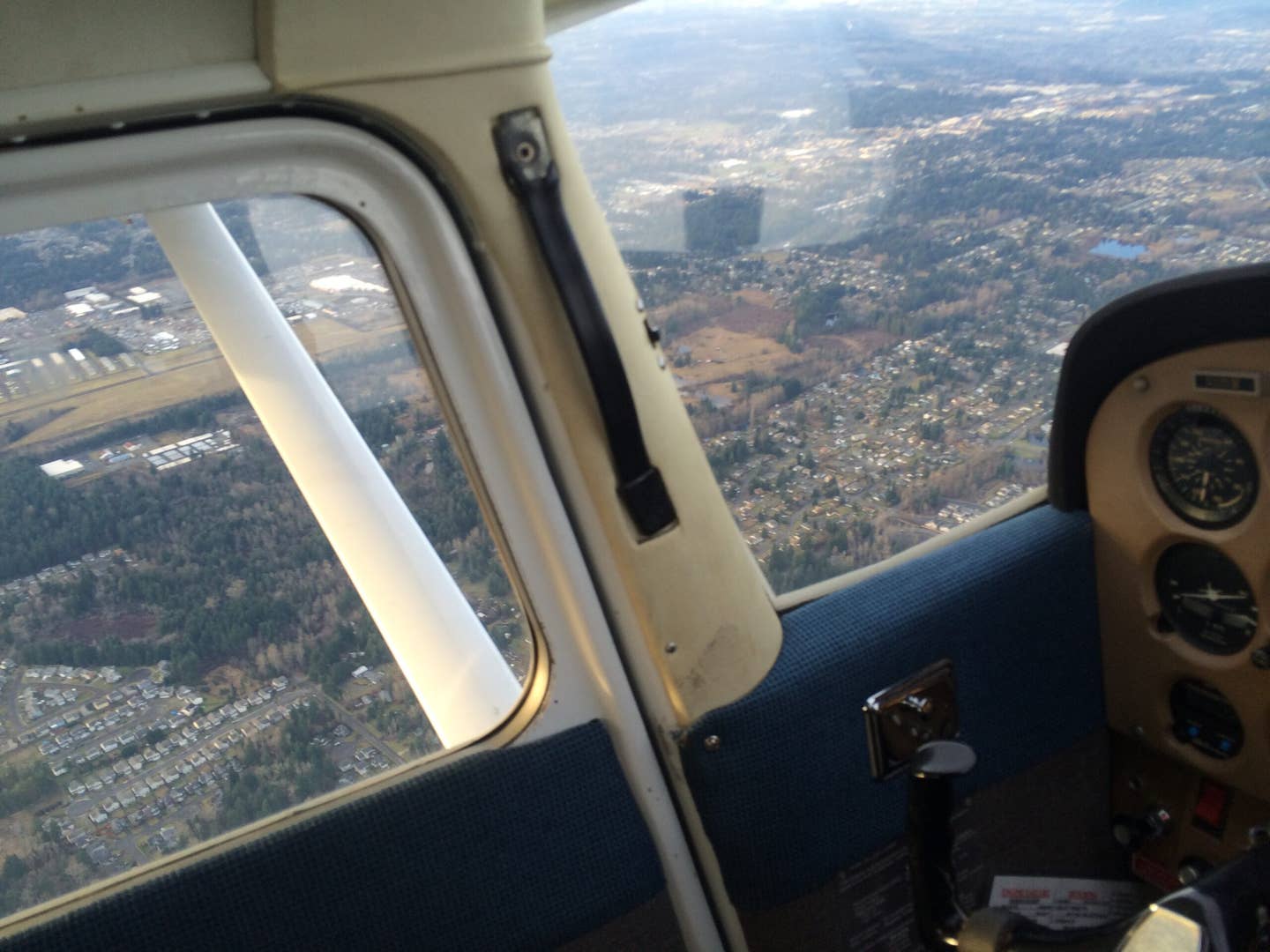Virgin Galactic Sets Commercial Launch Date as Modern-Day Space Race Heats Up
First flight for paying customers comes as Blue Origin’s New Shepard remains sidelined.
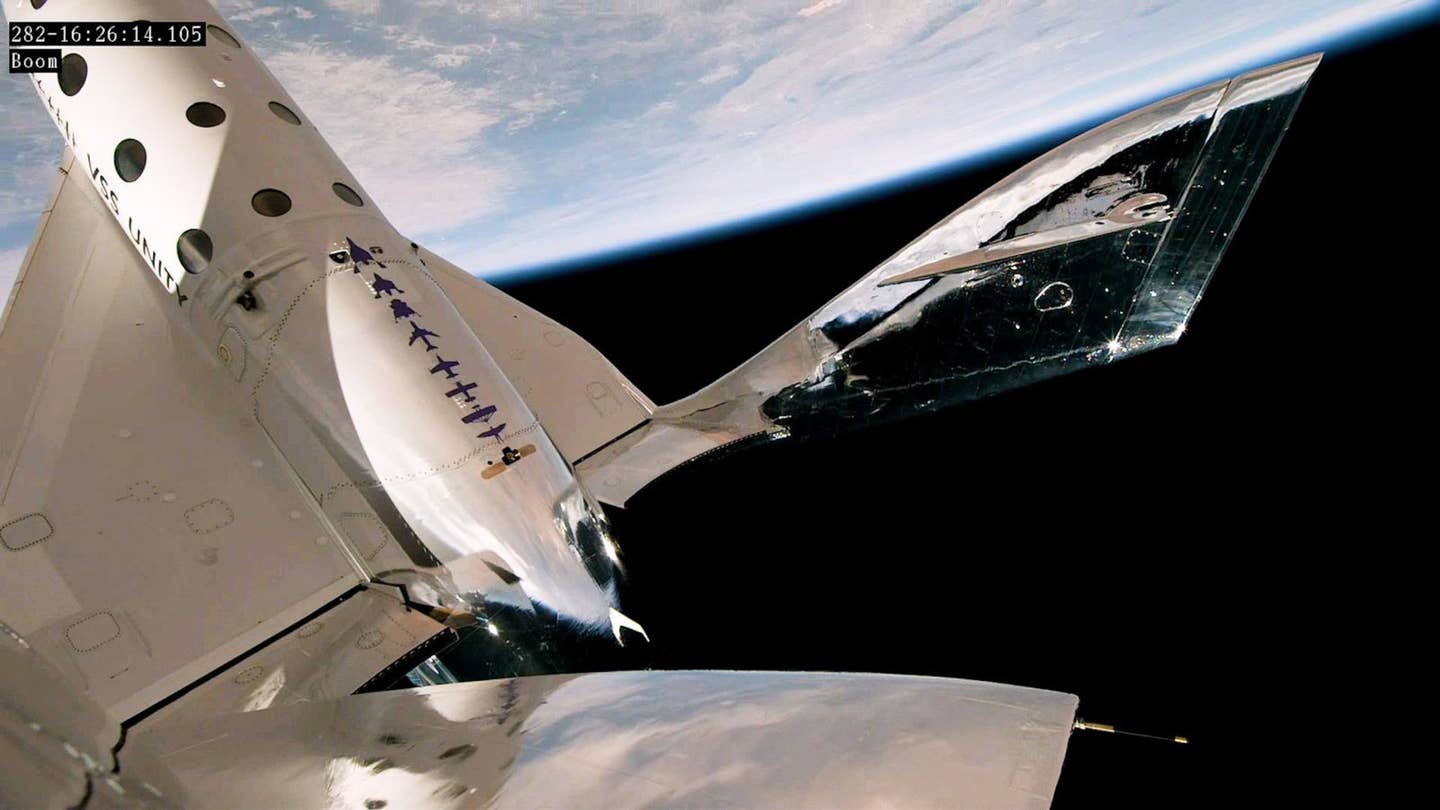
The view from space aboard Virgin Galactic’s Unity 25 mission, which was completed successfully in May. [Courtesy: Virgin Galactic]
More than half a century after the U.S. and Russia faced off to land the first man on the moon, there’s a new kind of Space Race on the horizon—and it’s heating up.
As Jeff Bezos’ Blue Origin contends with a mishap on an uncrewed 2022 New Shepard flight that has sidelined commercial operations until later this year, Richard Branson’s Virgin Galactic on Thursday announced it’s gearing up for its first commercial spaceflight later this month. The mission, “Galactic 01,” is slated to carry three crew members of Italy’s Air Force and National Research Council into orbit between June 27 and 30.
But that’s not all. After the three Italians conduct microgravity research on Galactic 01, Virgin Galactic plans to launch a second sojourn with private astronauts, “Galactic 02,” in early August—with monthly missions for ticket holders to follow.
“We are launching the first commercial spaceline for Earth with two dynamic products—our scientific research and private astronaut space missions,” said Virgin Galactic CEO Michael Colglazier. “This next exciting chapter for Virgin Galactic has been driven by innovation, determination, and a commitment to delivering an unparalleled and truly transformative customer experience.”
Colglazier’s claim to the first commercial spaceline doesn’t quite tell the full story—Blue Origin had completed several routine commercial flights before being grounded by the FAA.
But Virgin Galactic’s arrow is pointing up. Following a quiet stretch in the wake of Branson’s highly publicized maiden voyage in 2021—brought on by the combination of an FAA investigation and refurbishing delays—the company returned to space in May with the crewed Unity 25 mission. That marked its fifth spaceflight aboard the VSS Unity spacecraft and its second with humans in tow.
And while Blue Origin has already made several trips to the edge of the atmosphere, Virgin Galactic has the potential to match it. Its backlog of more than 800 passengers has netted it about $210 million in ticket sales, with some customers paying as much as $450,000—and many having placed orders over a decade ago.
Blue Origin is less public about its ticket sales. But reports suggest prices range from a few hundred thousand dollars to several million, which may position Virgin Galactic as the more affordable, though less proven, option. This month’s launch will serve as its biggest litmus test to date—and so far, investors are enthusiastic.
“@VirginGalactic announces the start of commercial spaceflight service with #Galactic01 flight this month. A huge well done to the team, so excited for our astronauts to inspire more people to look to the stars,” Branson wrote on Twitter on Thursday.
With the impending Galactic 01 launch, it’s fair to say Branson’s Virgin Galactic and Bezos’ Blue Origin are officially entwined in a modern-day space race.
The two trailblazers have traded several virtual blows in recent years. Branson beat Bezos to space but has since contended with an FAA grounding and the shutdown of Virgin Orbit. That opened the door for Blue Origin, which flew a few high-profile customers to space before being grounded itself.
Blue Origin was also tapped by NASA to build the landing system for the Artemis V moon mission, scheduled for 2029. Virgin Galactic, meanwhile, has signed several manufacturing and supplier deals with companies such as Boeing and Axiom Space.
Interestingly, Virgin Galactic and Blue Origin’s commercial offerings are nearly identical: Customers aboard a capsule are ferried to the edge of the atmosphere by a booster from which the capsule separates, granting a few minutes of weightlessness and spectacular views.
Both Virgin Galactic’s spacecraft—consisting of the VSS Unity spaceship and VMS Eve “mothership”—and Blue Origin’s New Shepard are reusable, with boosters capable of landing gently on the pads from which they launched. The key difference is the former’s capsule glides to the ground like a plane, while the latter’s floats down on parachutes. New Shepard also climbs about 6.5 miles higher than its competitor, though both ascend more than 300,000 feet.
So far, Blue Origin, by virtue of its earlier commercial launch, is leading the new space race. But with New Shepard still sidelined, Virgin Galactic has a chance to steal the crown by beginning routine flights. It will all depend on the success—or failure—of June’s commercial debut.

Sign-up for newsletters & special offers!
Get the latest FLYING stories & special offers delivered directly to your inbox

